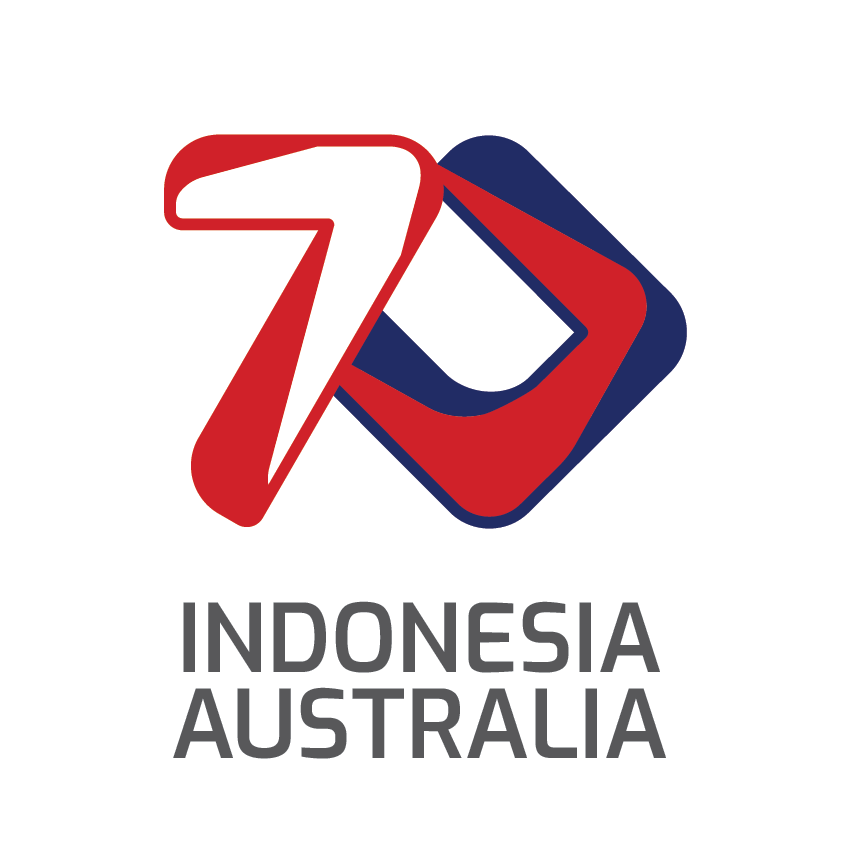Connecting households to piped water through the Water Hibah Program
In Indonesia, only 33 per cent of people living in urban areas have access to piped water. Indonesia’s national target is to provide universal access to piped water by the end of 2019.
Local governments are responsible for providing access to water for the community. They do this by investing directly in the local water utility to add connections. This does not always lead to the desired result.
The Water Hibah Program aims to address these problems through an output-based approach. This involves an agreement between the central and local government for local government to invest in the utility. The local government receives a hibah (grant) only after the utility delivers the required outputs (typically household water connections).
The Water Hibah Program under the Australia-Indonesia Partnership has connected 400,000 low-income households to piped water, which is one fifth of all connections made by water utilities since 2008. The program has been so successful that the Government of Indonesia has made the hibah approach a standard government policy.
The Water Hibah Program has led to more effective, efficient and improved access to water supply, good governance on water supply services and sustained use of safe water.

